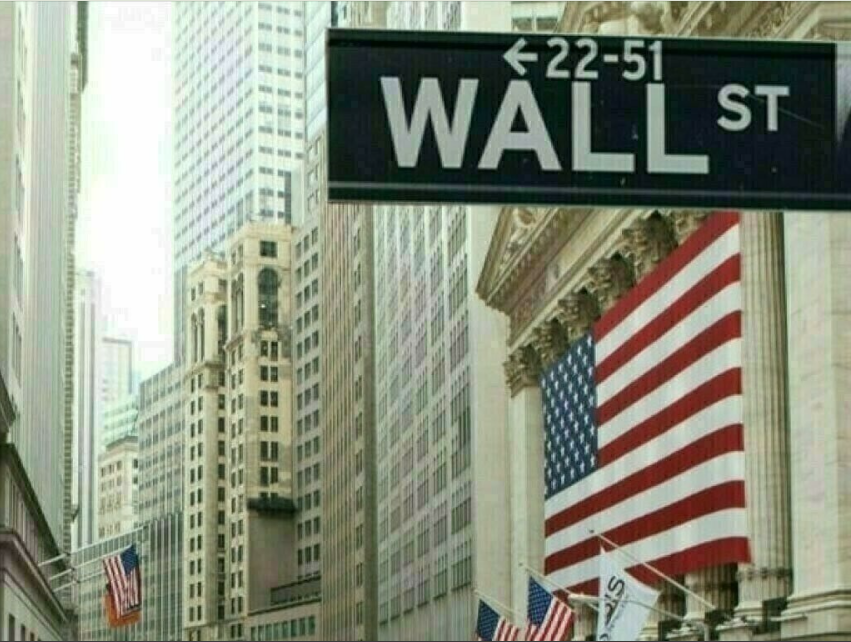United States stock markets opened the week on a subdued note as investors exercised caution ahead of two critical developments quarterly earnings reports from major retail companies and the highly anticipated Jackson Hole Economic Symposium. The broader market exhibited little momentum on Monday, reflecting investor indecision amid mixed economic signals and expectations for future monetary policy direction.
The Dow Jones Industrial Average was marginally higher, the S and P 500 hovered near the flatline, and the Nasdaq Composite showed minimal change as trading volumes remained relatively light. Market participants appear to be in a holding pattern, with short-term risk appetite constrained by both corporate and policy-related uncertainties.
Focus on Retail Earnings
A fresh round of earnings reports from major U.S. retailers is expected to serve as a crucial indicator of the health of the American consumer a key driver of the country’s economic growth. Companies such as Walmart, Target, Home Depot, and Lowe’s are scheduled to report results this week, and their performance is likely to influence investor sentiment in both the consumer discretionary and broader equity sectors.
Retail earnings take on heightened significance in the current economic environment, where inflation, interest rates, and shifting consumer behavior have created an unpredictable backdrop for businesses. Investors are looking for clarity on whether consumer spending remains resilient or is beginning to weaken under the pressure of elevated borrowing costs and a gradually cooling labor market.
Analysts are particularly focused on profit margins, inventory management, and forward guidance from retail executives. Any downward revisions to full year outlooks could weigh on market confidence and trigger sector-wide revaluation.
Spotlight on Jackson Hole
In parallel, global financial markets are turning their attention to the Jackson Hole Economic Symposium, which begins later this week in Wyoming. The annual gathering, hosted by the Federal Reserve Bank of Kansas City, brings together central bankers, academics, and finance ministers from around the world. Market participants will be watching closely for the keynote speech by Federal Reserve Chair Jerome Powell, scheduled for Friday.
Powell’s remarks are widely expected to provide updated views on the central bank’s approach to monetary policy in light of recent inflation data, economic growth figures, and labor market trends. While inflation has eased from its peak, it remains above the Federal Reserve’s long-term target of two percent. The central bank must now strike a delicate balance between maintaining price stability and avoiding an economic slowdown.
Investors are hoping for signals on whether interest rate hikes are likely to resume, or if the central bank will maintain its current pause in tightening. Any shift in tone from Powell could spark significant market reactions, particularly in interest-rate sensitive sectors such as technology, housing, and financials.
Broader Market Sentiment
The subdued performance on Wall Street also reflects a broader sense of caution driven by global uncertainties. Markets are keeping a close eye on developments in China, where economic data released earlier this month indicated weakening industrial output and softening consumer demand. Additionally, the ongoing conflicts in Eastern Europe and the Middle East continue to inject volatility into commodity markets and investor outlooks.
U.S. Treasury yields edged slightly lower on Monday, with the benchmark 10-year yield slipping amid the cautious mood. The dollar remained relatively stable, while oil prices saw modest gains as supply concerns offset weaker demand forecasts.
Conclusion
As investors await a clearer picture from both the retail earnings season and the Jackson Hole symposium, market activity is likely to remain restrained in the short term. The outcome of these events could help shape investor expectations for the remainder of the year and determine the next significant moves in equities, bonds, and currency markets.
With consumer spending, inflation trends, and central bank policy all hanging in the balance, the coming days could mark a turning point in the economic narrative one that will influence both market positioning and public confidence heading into the final quarter of 2025.
source: reuters.com
